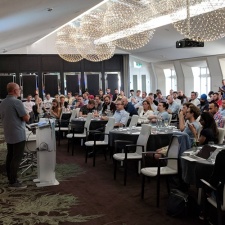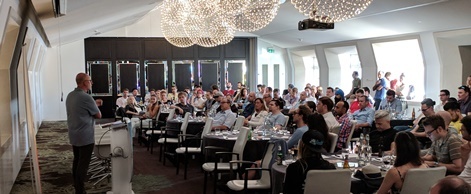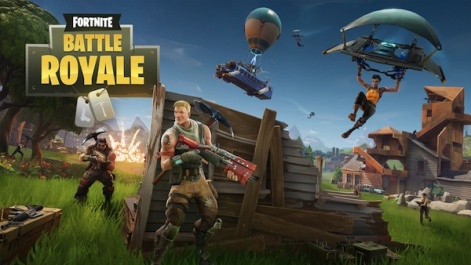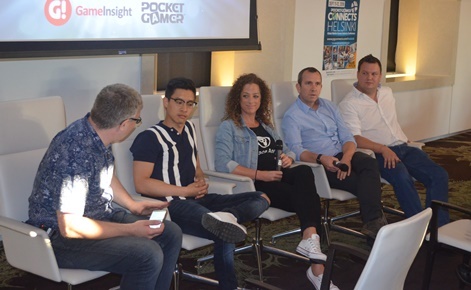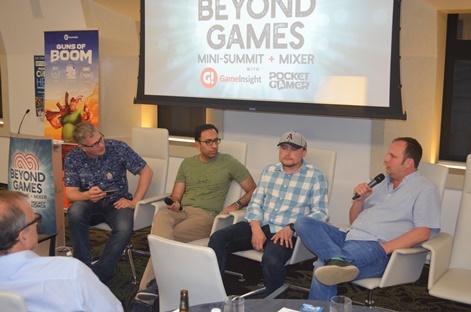This week we hosted the first every Beyond Games Mini-Summit and Mixer with Game Insight.
A whole host of key industry figures were in the room to espouse their knowledge and network with their peers.
Speakers included Maverick Media MD Will Jeffery, Miniclip chief commercial officer Saad Choudri, Space Ape’s Jodi Sahlin and Simon Hade, Dimoso CEO Jacki Vause, YouTube's Darya Rubashna, ESL UK MD James Dean, EGL MD Glen Elliott, Fanbytes CEO Timothy Armoo, Yogscast CRO Rich Keith and Game Insight CEO Anatoloy Ropotov (as well this very PocketGamer.biz senior editor).
Key takeaways
Topics ranged from working on marketing campaigns, dealing with influencers, getting press, esports, social platforms and the hyper-casual games space.
In total more than 100 leading lights from London's games industry and abroad were in the room to learn and make new contacts. You can check out our photos of the event on Facebook right here (feel free to tag each other of course!)
During the event, Game Insight also gave attendees a sneak peek of its latest game Tanks of Boom, featuring four-player multiplayer action.
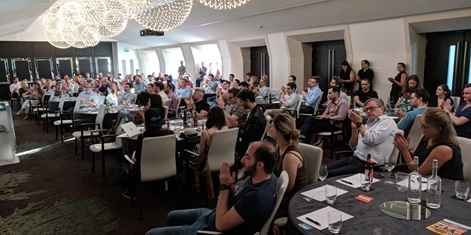
It may have been just a mini-summit, but there were some big takeaways.
Click on the link below to find out what we learned at the event.
Click here to view the list »
